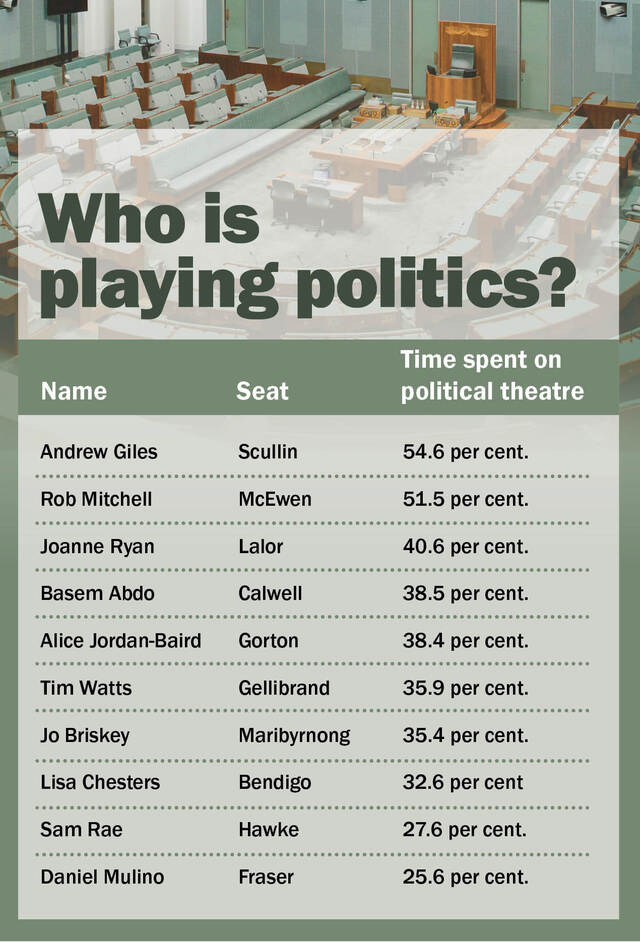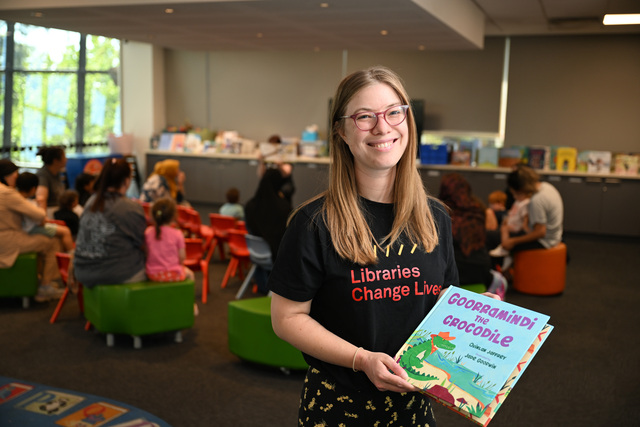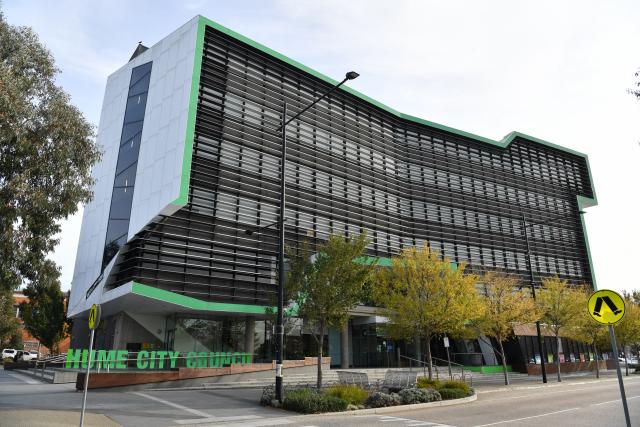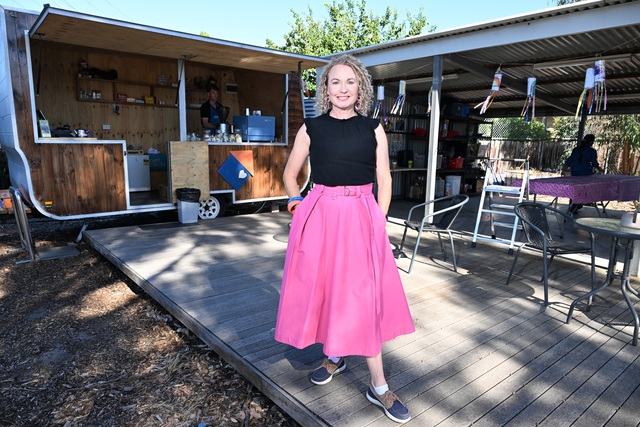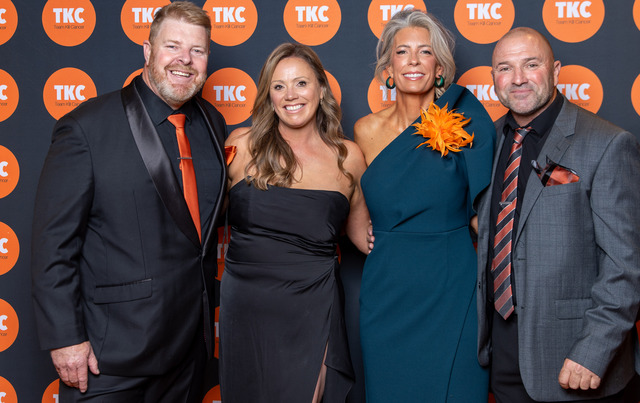Policy changes and population growth are putting pressure on future funding of home and community care services.
The changing national policy platform is creating uncertainty for local communities and causing service providers to reassess their capabilities in the face of ageing, and growing, populations, Hume council heard last week.
The council adopted a long-term strategy addressing the development, delivery and funding of home and community-based services for older residents over the next 17 years.
In this time, Hume is predicted to grow by more than 60 per cent, rising from about 175,000 people in 2011 to almost 281,000 by 2031.
The greatest demographic of people to increase over this time is those aged 65 and more, rising 114 per cent, councillors were told.
“This age cohort is expected to account for around one-fifth of the overall population growth,” the report stated.
The Ageing in the Growth Corridors report details the findings of a planning project set up by the state Health Department’s north and west metropolitan region to examine the capacity of the current Home and Community Care service system in the outer metro growth areas of Melbourne’s north and west.
The project, a collaboration of the Health Department and the University of Melbourne, will fund planning and development officer positions at Hume, Melton, Whittlesea and Wyndham councils and at primary care partnerships Health West and Hume-Whittlesea for two years.
Hume mayor Casey Nunn said Hume’s Ageing in Growth Corridors plan focused on maintaining the independence, wellbeing and safety of older residents, while facing the challenges of rapid population growth.
She said Hume council had committed to funding a liaison officer to work with culturally and linguistically diverse communities and raise awareness of the services available to them.
The council will also develop a positive- ageing strategy.
For more details, visit www.hume.vic.gov.au


